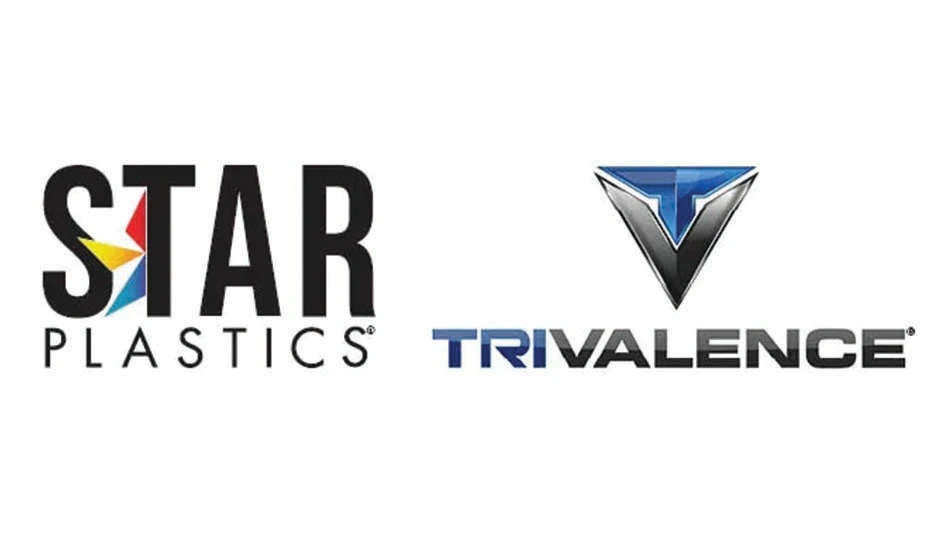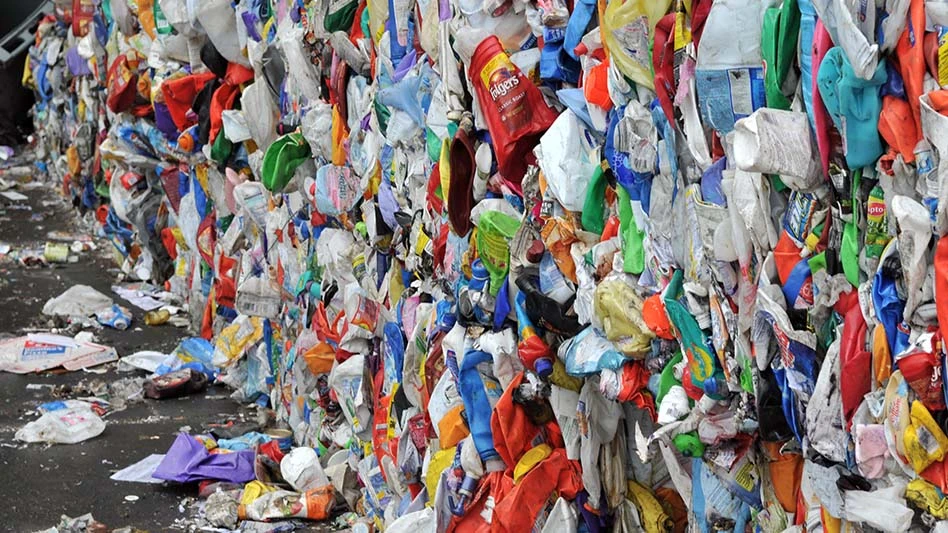
New York Gov. Kathy Hochul has proposed introducing an extended producer responsibility (EPR) program in an effort to address increasing amounts of recyclable products ending up in state landfills.
In her 2022 State of the State address, Hochel claims the solid waste industry accounts for 12 percent of New York’s greenhouse gas emissions. In addition, she says the state has been recycling less each year since 2021, while seven million tons of paper and packaging waste are produced each year.
Under the proposed EPR program, manufacturers will be responsible for managing their products and packaging at the end of their useful lives—meaning taxpayers wouldn’t pay for recycling anymore.
Hochel also notes that EPR will encourage producers to “reduce waste, invest in recycling infrastructure, make products that are easier to recycle and support a circular economy,” reports News10 ABC. In doing so, this could help struggling municipalities that can’t afford the costs of recycling, she adds.
As of now, only two states have successfully passed EPR legislation. Oregon became the second state to pass a law establishing EPR for packaging Aug. 6, 2021, just behind Maine, which passed similar legislation July 12, 2021.
Sponsored Content
SENNEBOGEN 340G telehandler improves the view in Macon County, NC
An elevated cab is one of several features improving operational efficiency at the Macon County Solid Waste Management agency in North Carolina. When it comes to waste management, efficiency, safety and reliability are priorities driving decisions from day one, according to staff members of the Macon County Solid Waste Management Department in western North Carolina. The agency operates a recycling plant in a facility originally designed to bale incoming materials. More recently, the building has undergone significant transformations centered around one machine: a SENNEBOGEN telehandler (telescopic handler).
Sponsored Content
SENNEBOGEN 340G telehandler improves the view in Macon County, NC
An elevated cab is one of several features improving operational efficiency at the Macon County Solid Waste Management agency in North Carolina. When it comes to waste management, efficiency, safety and reliability are priorities driving decisions from day one, according to staff members of the Macon County Solid Waste Management Department in western North Carolina. The agency operates a recycling plant in a facility originally designed to bale incoming materials. More recently, the building has undergone significant transformations centered around one machine: a SENNEBOGEN telehandler (telescopic handler).
Sponsored Content
SENNEBOGEN 340G telehandler improves the view in Macon County, NC
An elevated cab is one of several features improving operational efficiency at the Macon County Solid Waste Management agency in North Carolina. When it comes to waste management, efficiency, safety and reliability are priorities driving decisions from day one, according to staff members of the Macon County Solid Waste Management Department in western North Carolina. The agency operates a recycling plant in a facility originally designed to bale incoming materials. More recently, the building has undergone significant transformations centered around one machine: a SENNEBOGEN telehandler (telescopic handler).
Sponsored Content
SENNEBOGEN 340G telehandler improves the view in Macon County, NC
An elevated cab is one of several features improving operational efficiency at the Macon County Solid Waste Management agency in North Carolina. When it comes to waste management, efficiency, safety and reliability are priorities driving decisions from day one, according to staff members of the Macon County Solid Waste Management Department in western North Carolina. The agency operates a recycling plant in a facility originally designed to bale incoming materials. More recently, the building has undergone significant transformations centered around one machine: a SENNEBOGEN telehandler (telescopic handler).
Sponsored Content
SENNEBOGEN 340G telehandler improves the view in Macon County, NC
An elevated cab is one of several features improving operational efficiency at the Macon County Solid Waste Management agency in North Carolina. When it comes to waste management, efficiency, safety and reliability are priorities driving decisions from day one, according to staff members of the Macon County Solid Waste Management Department in western North Carolina. The agency operates a recycling plant in a facility originally designed to bale incoming materials. More recently, the building has undergone significant transformations centered around one machine: a SENNEBOGEN telehandler (telescopic handler).
Sponsored Content
SENNEBOGEN 340G telehandler improves the view in Macon County, NC
An elevated cab is one of several features improving operational efficiency at the Macon County Solid Waste Management agency in North Carolina. When it comes to waste management, efficiency, safety and reliability are priorities driving decisions from day one, according to staff members of the Macon County Solid Waste Management Department in western North Carolina. The agency operates a recycling plant in a facility originally designed to bale incoming materials. More recently, the building has undergone significant transformations centered around one machine: a SENNEBOGEN telehandler (telescopic handler).
Get curated news on YOUR industry.
Enter your email to receive our newsletters.
Latest from Recycling Today
- Algoma EAF is up and running
- Toyota-Tsusho completes acquisition of Radius Recycling
- CATL, Ellen MacArthur Foundation aim to accelerate circular battery economy
- Commentary: Expanded polystyrene: 98 percent air, 2 percent plastic, 100 percent misunderstood
- AMCS appoints general manager for North America
- How tariffs, regulations affect LIBs recycling in US, EU
- Schwan Cosmetics introduces packaging free of styrene, ABS
- Aimplas coordinates EU project focused on solar panel circularity






